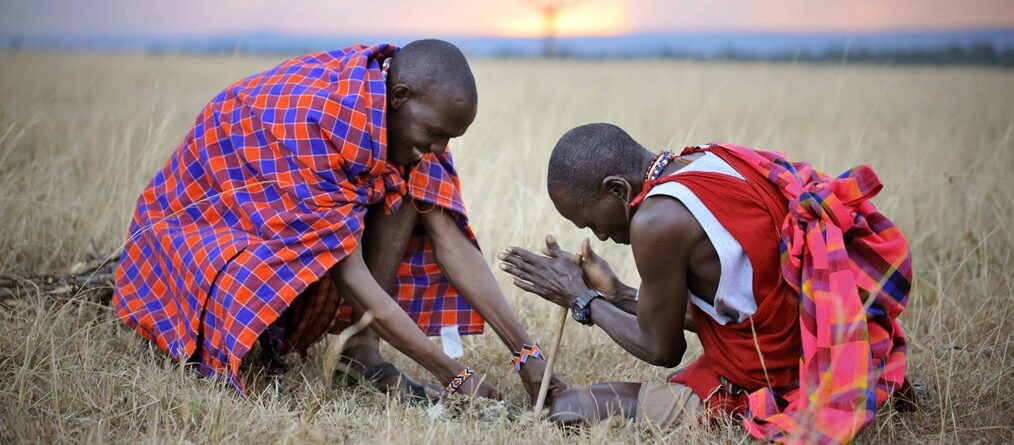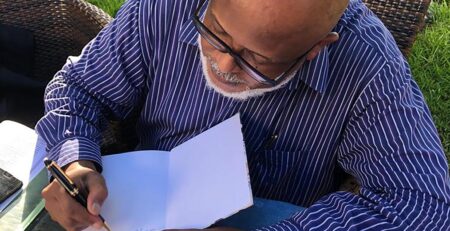“Until the lion learns to write, every story will glorify the hunter.” – African Proverb
Africa is not just a place—it is a library of lived wisdom. Our stories, told around firesides, marketplaces, and riverbanks, are rich with leadership truths that have shaped communities long before boardrooms existed. From the deserts of the Sahel to the valleys of the Rift, leadership in Africa has always been less about command and more about connection.
Stories of African Leadership
One such story is that of Wangari Maathai, the first African woman to win the Nobel Peace Prize. She didn’t lead with a title—she led with a tree. In founding the Green Belt Movement, she mobilized thousands of women to plant trees, restore ecosystems, and reclaim agency in their communities. Her story teaches that great leaders start with small, rooted acts that grow into forests of transformation.
Then there’s Nelson Mandela, whose journey from Robben Island to the presidency of South Africa is often told in headlines—but behind those headlines are quiet acts of patience, forgiveness, and principled leadership. When offered early release from prison in exchange for silence, he chose to wait—for justice, not just freedom. Mandela’s story reminds us that leadership is not just about bold decisions, but about the timing and integrity behind them.
And not all heroes are famous. Take for example Funmilayo Ransome-Kuti from Nigeria, a pioneering educator and women’s rights activist. Known as the ‘Lioness of Lisabi,’ she led the Abeokuta Women’s Union in a historic protest against unfair taxation of women during British colonial rule. She organized thousands of women, demanding justice through peaceful protest, bold petitions, and civic education. Her leadership was not about power—it was about voice, courage, and community. Funmilayo’s legacy reminds us that African leadership often rises from resistance and is rooted in service to others.
Storytelling as a Leadership Tool
African stories reveal a collective mindset: leadership is communal, grounded in humility, and shaped by experience. Leaders listen before they speak. They teach through story, lead through service, and leave legacies—not just accomplishments.
We can revive this approach in today’s organizations. Start your meetings with a proverb. Use parables to teach difficult truths. Invite elders or seasoned leaders to speak—not just about strategy, but about life. Story is not a soft skill—it’s a leadership strategy rooted in African soil.
Growing up, I often sat at my grandfather’s feet as he told stories under the stars. I didn’t know then that I was being shaped for leadership. His tales—some humorous, others weighty—planted values in me that would one day guide my choices in publishing, ministry, and mentoring. Today, I carry that storytelling mantle—through books, blogs, and training programs.
Reclaiming Our Narrative
African leadership doesn’t need to mimic imported models. Our stories offer frameworks of courage, resilience, and relational influence. Leaders today must not only learn from these stories but live them—and then tell them.
So I ask you:
Which African story has shaped your leadership? Who told it, and what did it teach you?
Don’t just manage—mentor. Don’t just direct—disciple. Don’t just succeed—share.
Let us not archive our heritage—let us activate it.
Key Thought
“True influence begins with listening, is carried through storytelling, and is remembered by those it touches.”
Call to Action
• Reflect: What story from your background influences your leadership today?
• Comment: What African proverb or lesson has shaped your thinking?
• Subscribe: Get monthly inspiration delivered to your inbox.
• Connect: Follow Dr. Barine on LinkedIn / Facebook / Instagram




